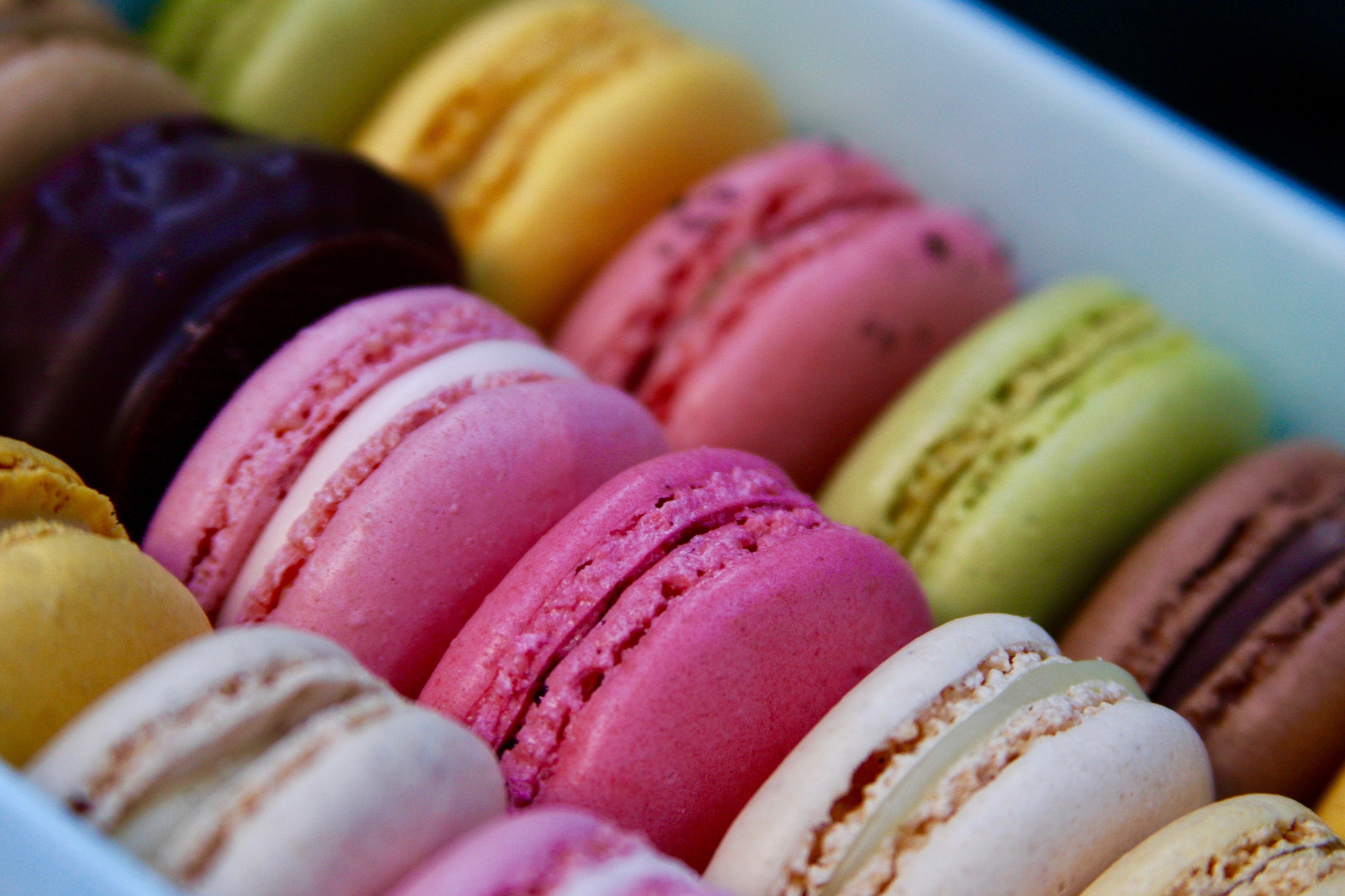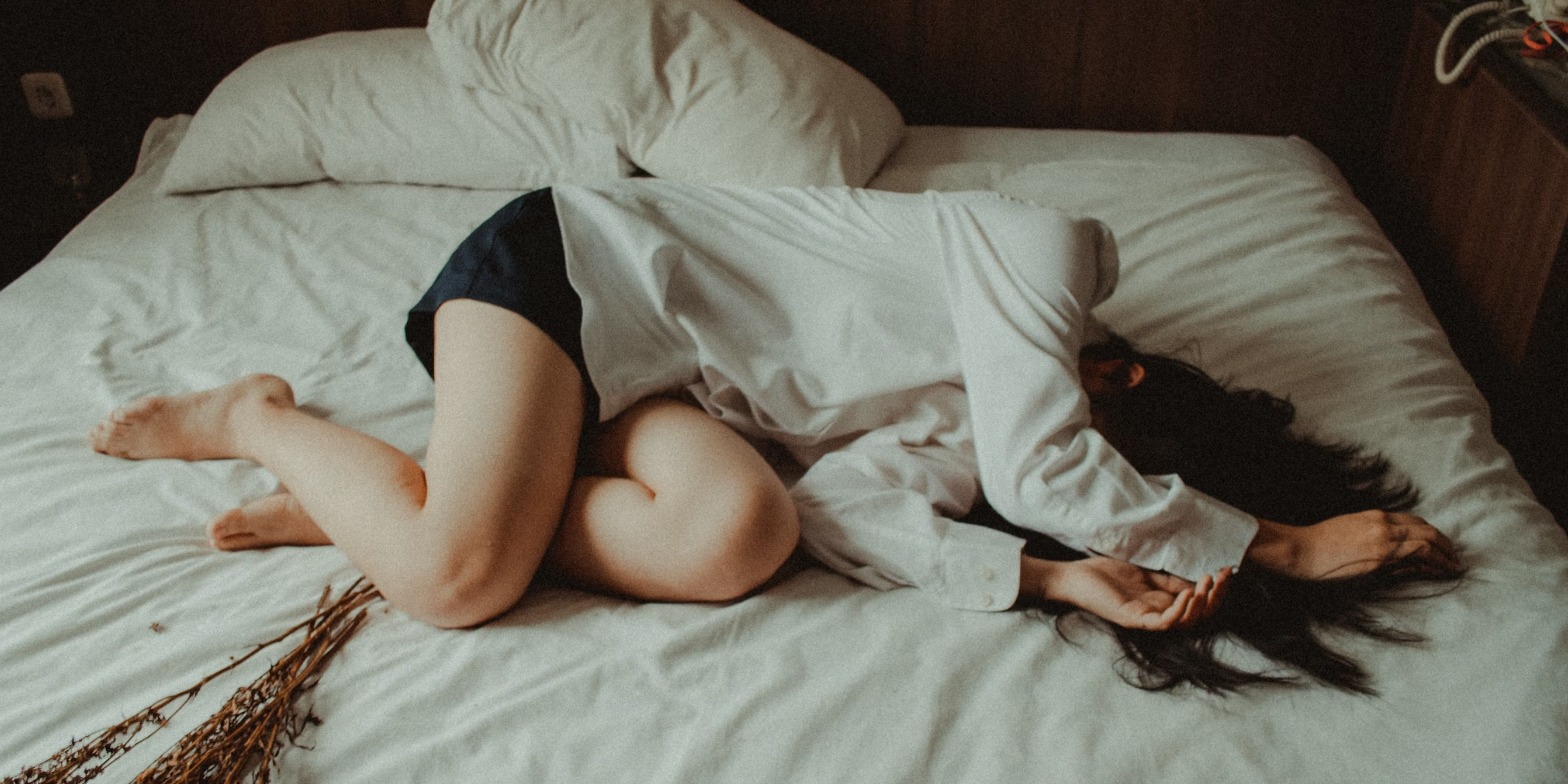What Are Period Cravings and Why Do We Get Them

Wondering why you crave chocolate on your period? We have the answer!
Period cravings are common for people with periods. During our menstrual cycle, we can have a sudden desire to eat specific foods, usually those high in sugar or fat.
In this blog post, we will explore what period cravings are, why they occur, and how to manage them. We will also discuss the best foods to eat on your period, and provide tips on how to reduce period cravings.
What are period cravings?
Period cravings refer to a sudden and intense desire to eat specific types of food during the menstrual cycle. These cravings typically occur in the week or two leading up to menstruation, during the luteal phase. They can last for several days and might come with other premenstrual syndrome (PMS) symptoms, such as mood swings and fatigue.
Why do you get cravings on your period?
The exact cause of period cravings is still unknown, but researchers believe hormone fluctuations play a significant role. Specifically, the hormone serotonin is thought to be a key player in regulating mood and appetite.
During the luteal phase, serotonin levels in the body may decrease, leading to an increase in appetite and food cravings. Additionally, hormone fluctuations can contribute to water retention, which can cause a feeling of bloating and may increase cravings.
When do period cravings start?
Period cravings usually happen during the premenstrual phase, which occurs in the week or two leading up to the period. This is known as the luteal phase of the menstrual cycle, and during this time hormone levels can fluctuate. This results in changes in appetite and mood, which may trigger food cravings.
Cravings may also occur during your period, but this is less common. Period cravings are different for everyone, and can be influenced by things like stress, sleep patterns, diet and lifestyle habits.
What else can cause food cravings?
Food cravings can be caused by different factors, including hormonal changes, stress, emotions, nutrient deficiencies, and certain medications.
- Hormonal changes: Low levels of serotonin, a neuro-transmitter that regulates mood, can lead to carbohydrate and sugar cravings.
- Stress: Stress can cause the release of cortisol. This is a hormone that can increase appetite and lead to cravings for high-calorie, high-fat foods.
- Anxiety: Emotions such as anxiety can contribute to food cravings, as people may turn to food for comfort or distraction.
- Nutritional deficiencies: Low levels of nutrients like magnesium or zinc can lead to cravings for specific foods.
- Certain medications: Anti-depressants and anti-histamines can cause changes in appetite and food cravings.
If you are experiencing food cravings outside of your period, be sure to speak with a doctor. It's important to address the underlying causes of food cravings and make lifestyle changes as needed.
What are the most common period food cravings?

The most common cravings tend to be for sweet or salty food. Here's our most common period food cravings list:
- Chocolate
- Ice cream
- Crisps
- Pizza
- Chips
- Cookies
- Sweets
These are the most common period cravings, and most of these foods are high in sugar, fat, and salt. These foods can trigger the release of dopamine, making us feel pleasure.
What is the best food to eat on your period?
While it might be tempting to eat sugary or fatty foods, healthy foods can help reduce cravings and other PMS symptoms. Here are some of the best foods to eat on your period:
- Complex carbohydrates - Whole grains, fruits, and vegetables can help stabilise blood sugar levels and reduce cravings for sugary foods.
- Lean protein - Plant based foods like tofu and beans can help increase feelings of fullness and satisfaction.
- Iron-rich foods - Foods high in iron, such as beans and leafy green vegetables, can fight fatigue and boost energy levels.
- Foods rich in magnesium - Magnesium-rich foods, such as nuts and dark chocolate, can help regulate your mood and reduce anxiety.
How can you stop period cravings?
While it can be challenging to resist cravings during your period, there are several things you can try to manage them. Here are some tips for stopping pms cravings:
- Stay hydrated - Drinking plenty of water can help reduce feelings of hunger and prevent overeating.
- Eat smaller, more frequent meals - Eating smaller meals more often can help stabilise blood sugar levels and reduce cravings.
- Avoid processed foods - Processed foods are often high in sugar, salt, and unhealthy fats, which can worsen cravings and PMS symptoms.
- Exercise - Regular exercise can help regulate your mood and reduce stress, both of which can contribute to cravings.
- Get enough sleep - Sleep is crucial for regulating hormone levels and reducing PMS symptoms, including cravings.
- Practice mindfulness - Deep breathing or meditation can help reduce stress and promote relaxation, reducing the likelihood of cravings
Final thoughts
While it is natural to get period cravings, it is important to recognise when they cause discomfort, and speak to a doctor. By understanding and responding to our body’s needs during the menstrual cycle, we can improve our physical and emotional wellbeing, and manage any symptoms associated with menstruation.
RELATED POSTS
Best Foods That Increase Iron For An Easier, Healthier Period



